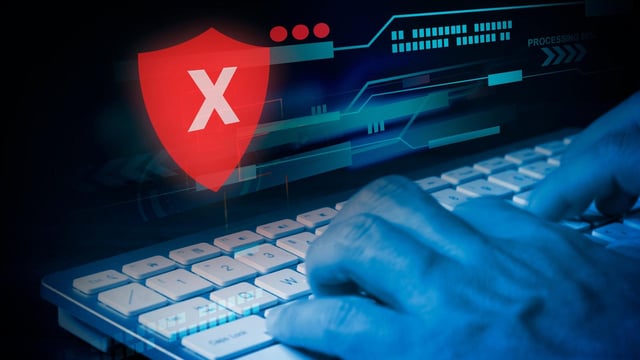VPNs Under Fire: US States Consider Bans, Citizens Rally in Defense of Online Freedom
The internet, once hailed as the ultimate symbol of freedom and open access to information, is facing increasing restrictions around the globe. Now, whispers of VPN bans are growing louder in the US, sparking fierce debate and organized resistance. Are VPNs truly a threat, or are these proposed bans a dangerous step towards censorship and government overreach? The battle for online privacy is heating up, and citizens are mobilizing to protect their digital rights.
Why Ban VPNs? The Arguments and the Real Concerns
Some states are exploring the possibility of banning VPNs, citing concerns related to illegal activities facilitated by encrypted connections. The argument often revolves around the difficulty in tracking criminal activity, such as drug trafficking, terrorism, and copyright infringement, when users mask their IP addresses. By obscuring their location and identity, criminals can operate with a greater degree of anonymity, hindering law enforcement efforts.
However, critics argue that banning VPNs is a blunt instrument that punishes legitimate users. The vast majority of VPN users are not criminals. They use VPNs for perfectly valid reasons, such as protecting their privacy on public Wi-Fi networks, accessing geo-restricted content, and bypassing censorship in countries with oppressive regimes. A ban would disproportionately affect these individuals, limiting their access to information and undermining their online security. Furthermore, a ban is unlikely to significantly deter determined criminals, who can often find ways to circumvent such restrictions.
It’s also important to consider the potential economic impact of VPN bans. Many businesses rely on VPNs to protect sensitive data and ensure secure communication with remote employees. A ban could disrupt these operations and make it more difficult for companies to compete in the global marketplace. The move could also stifle innovation in the VPN industry, which has created jobs and contributed to the growth of the digital economy.
The Citizen Backlash: A Day of Action and Beyond
News of potential VPN bans has been met with widespread outrage and organized resistance from privacy advocates and concerned citizens. Online forums and social media platforms are buzzing with discussions and calls to action. One notable example is the organized “Day of Action” reported by SlashGear, where individuals and organizations protested the proposed bans by raising awareness and contacting their elected officials.
These actions represent a growing awareness of the importance of online privacy and the potential dangers of government overreach. Citizens are recognizing that VPNs are not just tools for tech-savvy individuals, but essential instruments for protecting fundamental rights in the digital age. They are actively engaging in the political process, demanding that their voices be heard and that their rights be respected.
The fight against VPN bans is not just a matter of protecting individual privacy; it is also a battle for the future of the internet. A ban would set a dangerous precedent, paving the way for further restrictions on online freedom and limiting access to information. It is crucial for citizens to remain vigilant and continue to advocate for policies that promote a free, open, and secure internet for all.
The Future of VPNs in the US: Navigating a Complex Landscape
The future of VPNs in the US remains uncertain. The debate over their use is likely to continue, with law enforcement agencies and government officials pushing for greater control and privacy advocates fighting to protect digital freedoms. Several factors will influence the outcome of this debate, including public opinion, technological advancements, and legal challenges.
One potential compromise could involve stricter regulations on VPN providers, requiring them to verify user identities and cooperate with law enforcement investigations under certain circumstances. However, such regulations must be carefully crafted to avoid undermining the privacy benefits of VPNs and creating undue burdens on legitimate users.
Another important consideration is the development of alternative technologies that can provide similar privacy benefits without raising the same concerns about facilitating illegal activity. For example, decentralized VPNs (dVPNs) operate on a peer-to-peer network, making it more difficult for governments to control or shut them down. These technologies could offer a viable alternative to traditional VPNs in the future.
Ultimately, the key to navigating this complex landscape is open and informed dialogue between all stakeholders. Lawmakers, law enforcement officials, privacy advocates, and technology experts must work together to find solutions that balance the need for security with the fundamental right to privacy.
Protecting Digital Freedom: A Call to Action
The potential banning of VPNs in the US is a stark reminder that online freedom is not guaranteed. It requires constant vigilance and active participation from citizens who are willing to stand up for their rights. Whether it’s contacting elected officials, supporting privacy organizations, or simply educating friends and family about the importance of VPNs, every action counts. The fight for a free and open internet is a fight for the future of democracy, and it’s a fight we must win.
